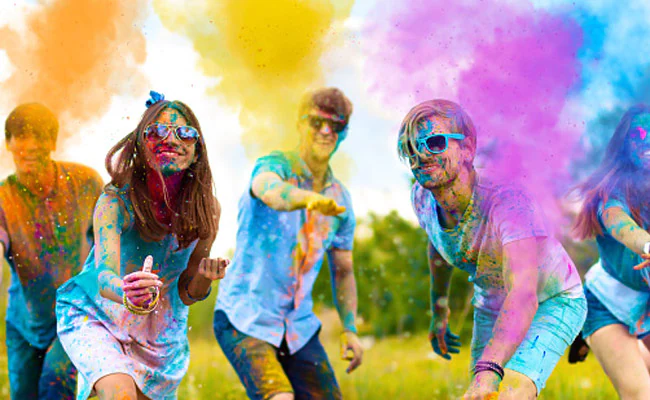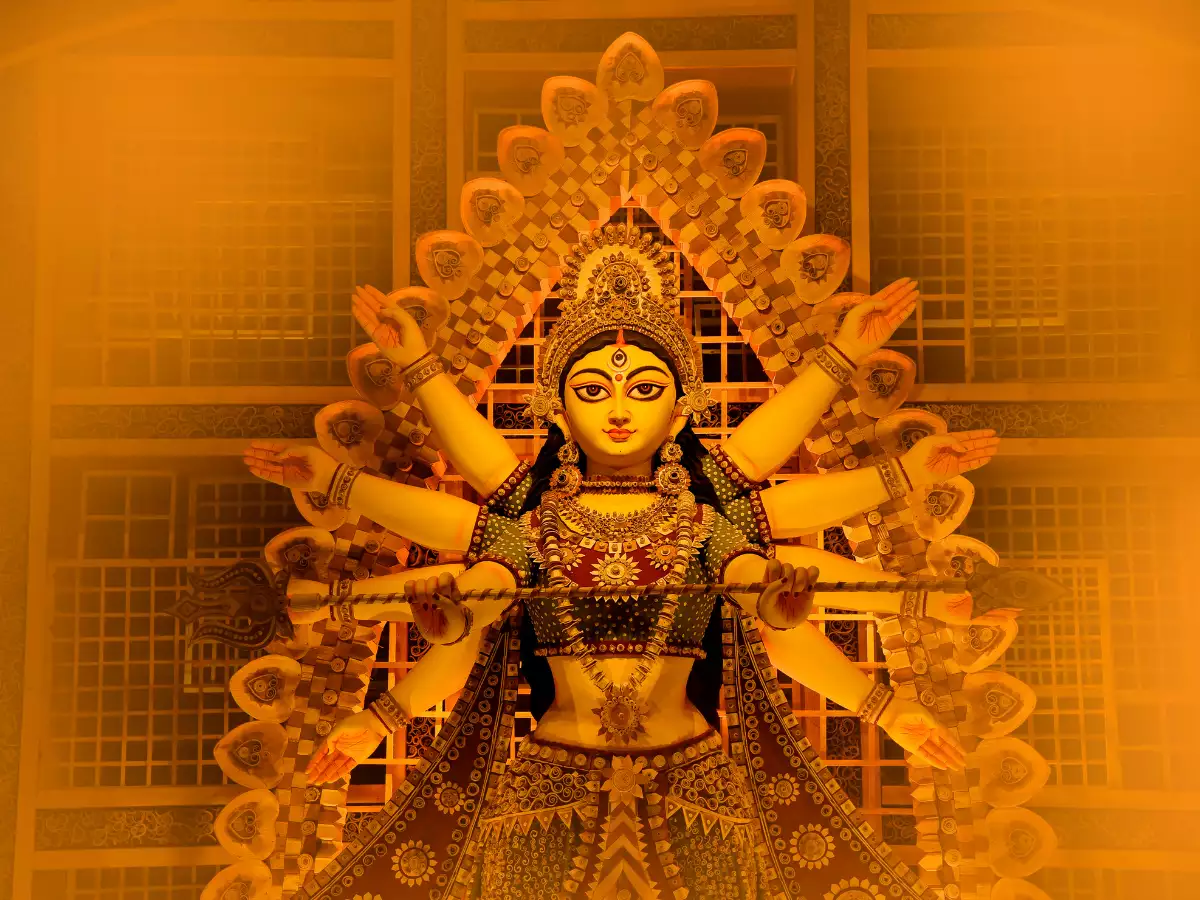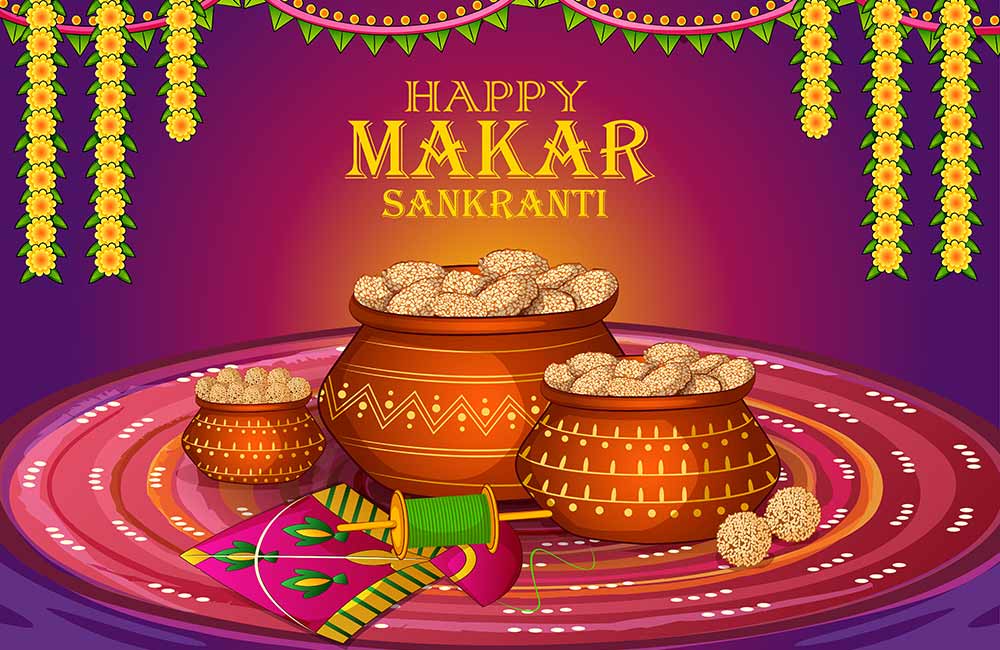The Diwali Festival - A Celebration of Light and Life!
The Diwali festival is the most widely celebrated Hindu festival in the world. Diwali is a five-day celebration that includes traditional activities such as lighting Diyas (lamps), setting off fireworks, and exchanging gifts. It is also known as the Festival of Lights because of the sparkling lights that adorn homes, shops, and streets during the festival. Diwali is a joyful occasion that is often celebrated with family and friends, and it is a wonderful opportunity to come together and celebrate life.
What is Diwali?
Diwali (also known as Deepavali) is an ancient Hindu festival that has been famous for centuries. It is the celebration of light and goodness. It is a five-day-long festival that falls between mid-October and mid-November and is celebrated in various parts of India and countries with large Hindu populations such as Nepal, Singapore, and Malaysia.
Diwali is celebrated to commemorate the return of Lord Rama, his wife Sita, and brother Lakshmana from 14 years of exile. Hindus celebrate Diwali to honor their homecoming after defeating the demon king Ravana and establishing truth and justice. This is why Diwali is also famed as the “Festival of Lights”.
People decorate their homes with bright lights, fireworks, Diyas, and colorful Rangoli designs during this festival. On the night of Diwali, many people wear new clothes and perform the puja of Laxmi - the goddess of wealth.
Families gather together and exchange gifts, traditional Indian sweets, snacks, and fruits with one another. Prayers are offered to goddess Laxmi, who is believed to bring prosperity and abundance into people's lives.
How is Diwali Celebrated?
Diwali is a festival of joy and celebration in Hindu culture, with millions of people around the world taking part in the festivities. The celebration begins with people lighting lamps and lanterns, decorating their homes with lights and other decorations, and exchanging sweets and gifts with their loved ones. On the night of Diwali, fireworks and firecrackers are lit to add to the merriment.
The main religious rituals of Diwali include prayers to the gods and goddesses for peace and prosperity. People also perform pooja (worship) to Lakshmi, the goddess of abundance and prosperity, to ask for her blessings. Other rituals include fasting, cleaning and decorating the house, and sharing sweets and gifts.
In some regions of India, traditional folk dances are performed to celebrate Diwali. There are several different styles of folk dances that are practiced, such as Garba, Bhangra, and Bihu. People also enjoy singing traditional folk songs in honor of Diwali.
The last day of Deepavali states the end of the festival. On this day, many Hindus also go to temples to offer prayers and thank the gods for a successful Diwali celebration.
What Does Diwali Mean to Hindus?
Diwali is an essential and widely celebrated festival in the Hindu religion. It is a time of celebration and joy, a time when family and friends come together to enjoy each other's company.
For Hindus, Diwali represents the renewal of life and hope. It is a time to remember the spiritual teachings of their faith, reflect on the previous year, and look forward to the new one with optimism. On Diwali, Hindus are reminded of their eternal bond with the divine and their commitment to upholding Dharma (righteousness).
During Diwali, Hindus exchange sweets and gifts with family and friends as a sign of joy and love. This is seen as an expression of giving, which is highly valued in Hinduism. Hindus also exchange traditional lamps filled with oil that are lit on Diwali night as symbols of hope and enlightenment. The lighting of lamps signifies that even in times of darkness, goodness can prevail.
Finally, Hindus consider Diwali to be an auspicious time to make new beginnings. Many people perform pooja (religious rituals) to ask for blessings from their deities, while others undertake charitable activities like donating money or goods to those in need.
All in all, Diwali is a time for Hindus to celebrate the divine within themselves, rejoice in the good things life has to offer, and thank their gods for their protection and guidance.
What is the Significance of Diwali?
Diwali is celebrated for five days, with each day having its particular significance.
-
The first day of Diwali is Dhanteras, which marks the beginning of the festive season. On this day, people exchange gifts and shop for new items as a sign of prosperity.
-
The second day of Diwali is Naraka Chaturdasi when Lord Krishna killed the demon Narakasura.
-
The third day is called Diwali and is considered to be the all-important day of the five days. It is believed that on this day Lord Rama returned home to Ayodhya after his 14-year-long exile in the forest.
-
The fourth day is known as Bali Padyami when Lord Vishnu tricked the demon, King Bali, into granting him three steps of land.
-
The fifth day is called Yama Dvitiya and it is believed to be the day when Yamraj, the god of death, visited his subjects and granted them freedom from fear and death.
-
Diwali is also a festival that promotes harmony and goodwill among all people. Hindus believe that by lighting up their homes, businesses, and public places with lamps and candles they are inviting Lakshmi, the goddess of wealth, into their lives.
-
People also take part in poojas or rituals to honor the gods and goddesses during this special time. On Diwali, family members exchange gifts and sweets as a symbol of love and warmth for each other.
-
Diwali is an auspicious festival that brings joy and happiness to people's lives and reinforces the values of peace and harmony. Its celebration is a reminder to look forward to a new beginning with hope, strength, and courage.



